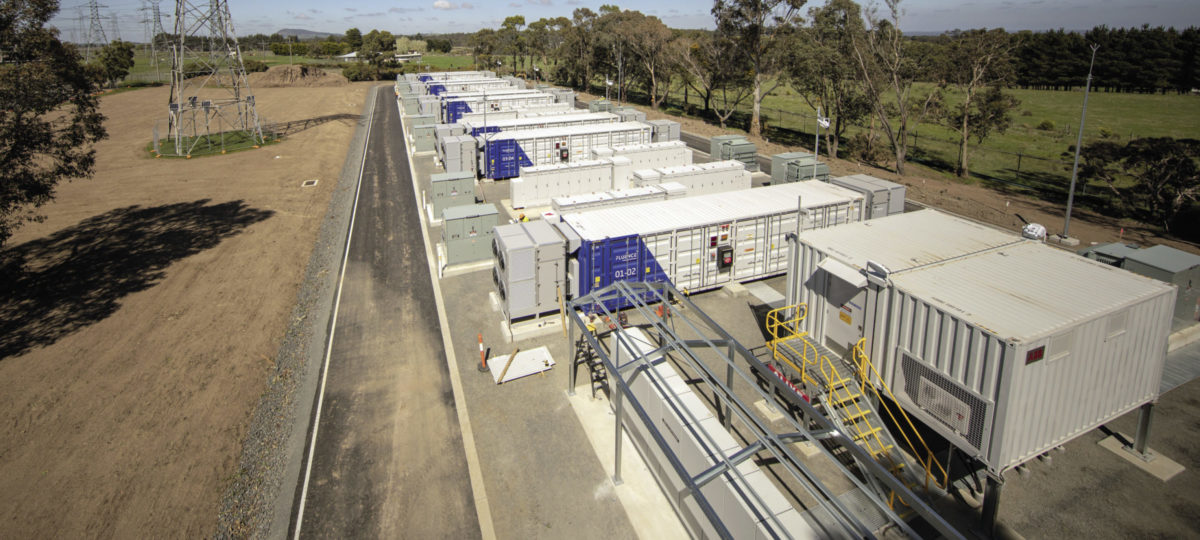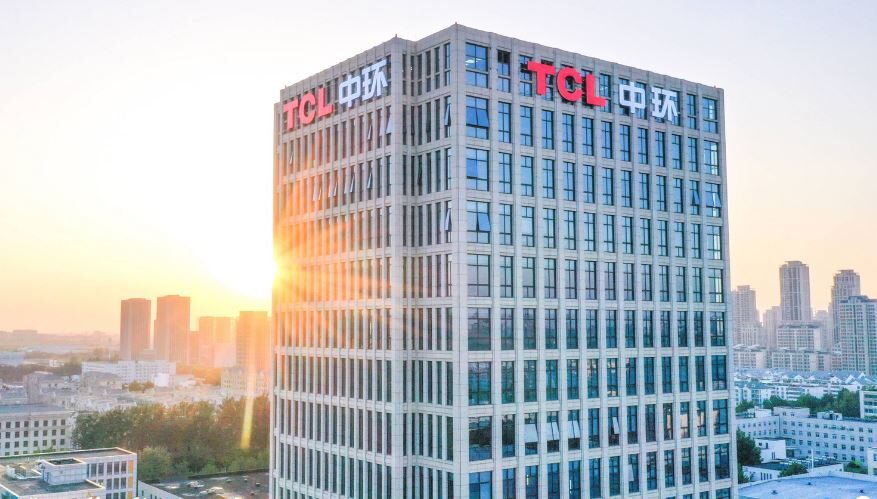With South Korean battery manufacturer LG Chem having warned customers of potential shortages after its production facilities closed, U.S.-owned market intelligence firm Wood Mackenzie has predicted the Chinese battery industry is also likely to suffer from the effects of the coronavirus outbreak.
LG Chem this week announced its battery production lines, and those of its Chinese suppliers in Nanjing, would be shuttered until at least Sunday because of self-isolation measures imposed by the Chinese authorities in a bid to contain the spread of the coronavirus in affected provinces.
With China Global Television Network this morning reporting the death toll had risen to 1,113, U.K.-based analyst WoodMac today revised down its expectation of the amount of new battery production capacity to be added in China this year. WoodMac said the amount of new factory capacity expected could fall as much as 10% compared to its pre-coronavirus prediction, to 237 GWh, meaning the outbreak of the disease could end up costing around 26 GWh of manufacturing capacity this year.
Tesla standstill
The forecaster added: “More capacity could be affected if delays persist.”
WoodMac reported battery cell factories including electric carmaker Tesla’s Shanghai gigafactory had been closed for two weeks longer than expected after the Chinese government extended the new year holidays as part of its coronavirus mitigation measures.
The provinces worst affected by the outbreak include auto industry capital Hubei and seats of heavy industry in Shandong, Jiangsu, Zhejiang, Fujian, Anhui and Guangdong. WoodMac said it had expected those provinces to add 162 GWh of battery cell manufacturing capacity this year – 61% of the total volume of cell production facilities anticipated in China.
Knock-on effects
European battery companies told pv magazine this week they were braced for shortages in China to potentially affect supply and WoodMac reported Chinese car company BYD, which has been affected by the outbreak, is a major supplier to the U.K. energy storage market.
The analyst also warned of potential knock-on effects in other global markets, with U.S. companies who turned to China for lithium-ion phosphate batteries after supply shortages in South Korea in 2018 potentially set to suffer renewed bottlenecks. WoodMac added, Australia and China had been expected to add around 1 GW of grid scale energy storage capacity between them this year but that figure may now face revision because of the coronavirus.
This content is protected by copyright and may not be reused. If you want to cooperate with us and would like to reuse some of our content, please contact: editors@pv-magazine.com.




2 comments
By submitting this form you agree to pv magazine using your data for the purposes of publishing your comment.
Your personal data will only be disclosed or otherwise transmitted to third parties for the purposes of spam filtering or if this is necessary for technical maintenance of the website. Any other transfer to third parties will not take place unless this is justified on the basis of applicable data protection regulations or if pv magazine is legally obliged to do so.
You may revoke this consent at any time with effect for the future, in which case your personal data will be deleted immediately. Otherwise, your data will be deleted if pv magazine has processed your request or the purpose of data storage is fulfilled.
Further information on data privacy can be found in our Data Protection Policy.